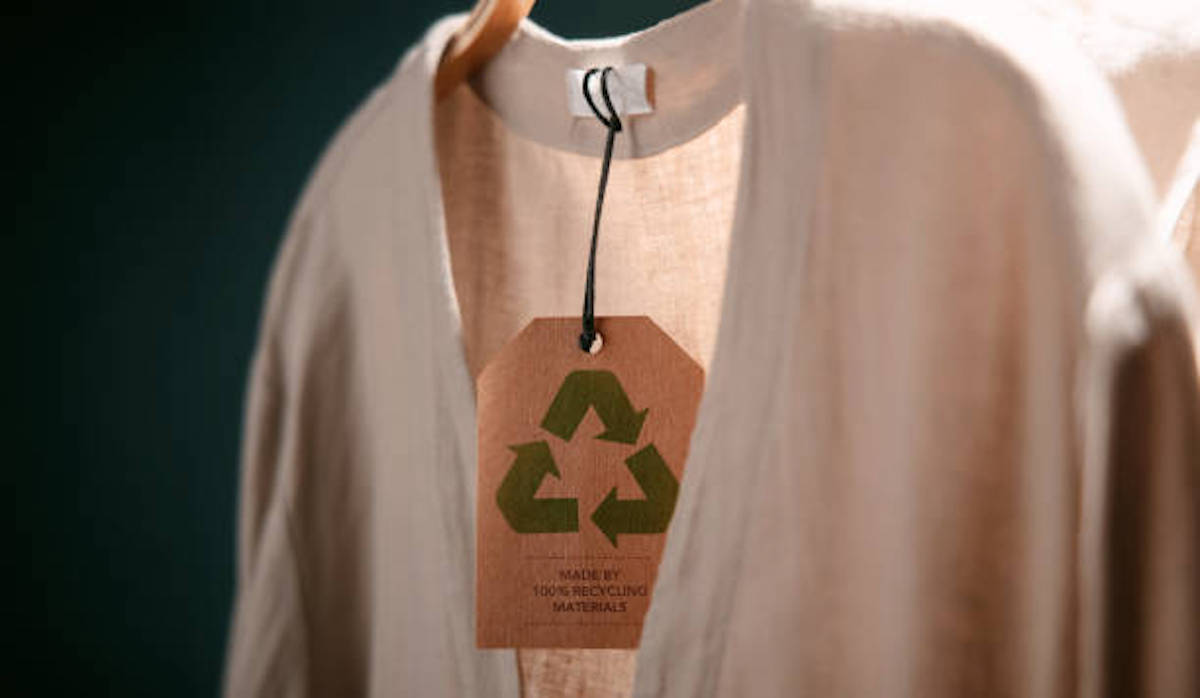In today’s world, the term “sustainability” is frequently mentioned, but what does it indeed mean? Simply put, sustainability means the ability to provide for the needs of right now without compromising the ability of future generations to meet their own wants. It encompasses a holistic approach to environmental, social, and economic well-being, ensuring a healthy planet for all living things. In simpler terms, “going green” signifies adopting practices that minimize our negative impact on the environment and promote responsible resource utilization.
Why is Going Green Important?
The importance of going green cannot be overstated. Our planet faces numerous environmental challenges, including climate change, biodiversity loss, and resource depletion. These issues pose significant threats to human health, food security, and economic stability. By implementing sustainability habits, we can collectively alleviate these concerns while creating a healthy future for ourselves and future generations. Here are some specific reasons why going green is crucial:
- Combating Climate Change: Unsustainable practices, primarily fossil fuel dependence, contribute significantly to greenhouse gas emissions, leading to global warming and its associated consequences, by embracing renewable energy sources, reducing energy consumption, and adopting sustainable transportation options. We can significantly reduce our carbon footprint and combat climate change.
- Preserving Biodiversity: Unsustainable practices like deforestation and habitat destruction threaten countless species with extinction. By promoting sustainable land management, responsible consumption, and conservation efforts, we can protect biodiversity and ensure the survival of diverse ecosystems crucial for a healthy planet.
- Ensuring Resource Security: Our planet’s resources are finite, and unsustainable practices like overconsumption and pollution threaten their availability for future generations. By adopting practices like resource conservation, recycling, and waste reduction, we can ensure the long-term availability of essential resources like water, food, and energy.
- Promoting Public Health: Environmental pollution from unsustainable practices has detrimental effects on human health. By embracing clean energy sources, reducing air and water pollution, and promoting sustainable food production, we can create a healthier environment for everyone.
- Building a Sustainable Economy: The transition to a green economy presents numerous economic opportunities. Investing in renewable energy, sustainable infrastructure, and eco-friendly technologies can create new jobs, stimulate economic growth, and foster innovation.
Read More Articles:
Sleep Your Way to Better Health: The Ultimate Guide to Quality Rest
Eco-Friendly Fashion Choices That Make a Statement
How Can We Go Green?
Going green doesn’t require drastic lifestyle changes. Even small, individual actions can collectively make a significant difference. Here are some ways you can contribute to a sustainable future:
At Home:
- Reduce energy consumption: Turn off lights and electronics when not in use, use energy-efficient appliances, and unplug chargers when not actively charging devices.
- Conserve water: Fix leaky faucets, take less frequent showers, and water your garden efficiently.
- Reduce, reuse, and recycle: Minimize waste generation, reuse items whenever possible, and recycle paper, plastic, and other materials responsibly.
- Choose sustainable products: Opt for energy-efficient appliances, eco-friendly cleaning products, and products made from recycled materials.
- Compost food scraps: Reduce landfill waste and create nutrient-rich compost for your garden.
On the Go:
- Embrace sustainable transportation: Walk, cycle, use public transport, or carpool whenever possible. Consider electric vehicles or hybrid options for personal transportation.
- Reduce single-use plastics: Carry reusable water bottles, shopping bags, and coffee mugs to avoid generating plastic waste.
- Support sustainable businesses: Choose companies committed to environmental responsibility and ethical practices.
- Be mindful of your food choices: Reduce food waste, opt for locally sourced and seasonal produce, and consider plant-based meals to reduce your environmental footprint.
- Stay informed and advocate for change: Educate yourself about environmental issues and support policies that promote sustainability.
Going green is not just a trend; it’s a necessity for ensuring a healthy planet for ourselves and future generations. By embracing sustainable practices in our daily lives, we can collectively make a positive impact on the environment, create a more equitable society, and build a thriving future for all. Remember, every little act counts, and together, we will make significant improvements. Let’s all commit to going green and building a sustainable future for our planet.



